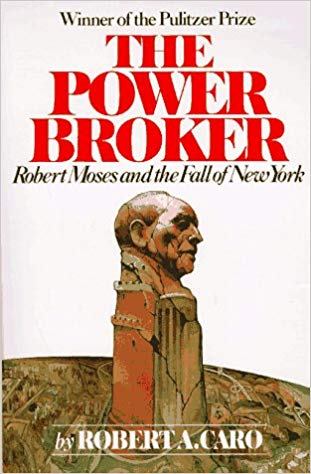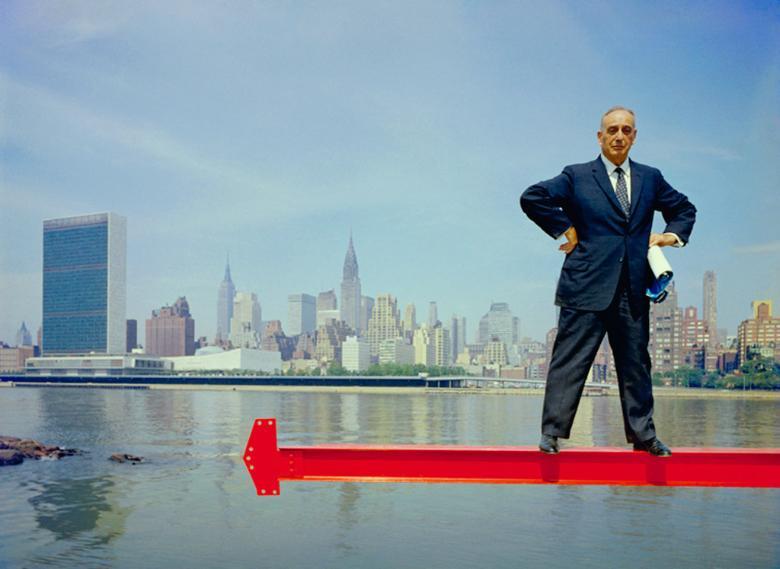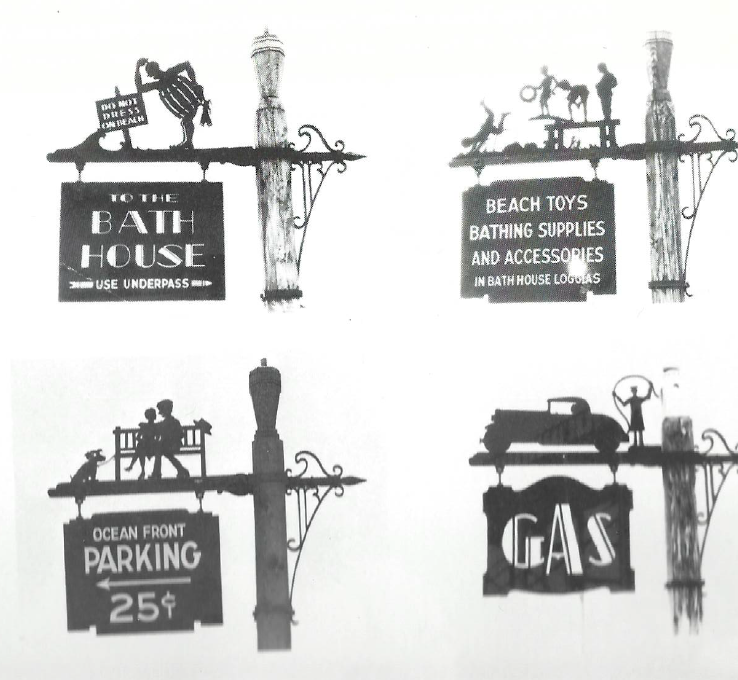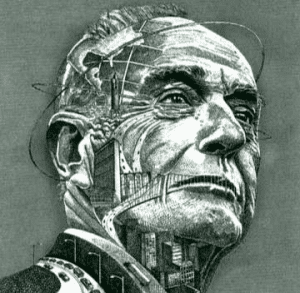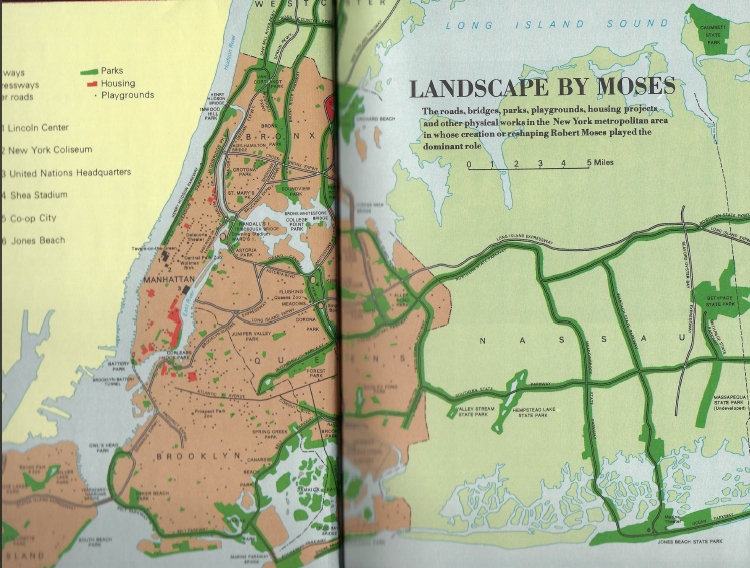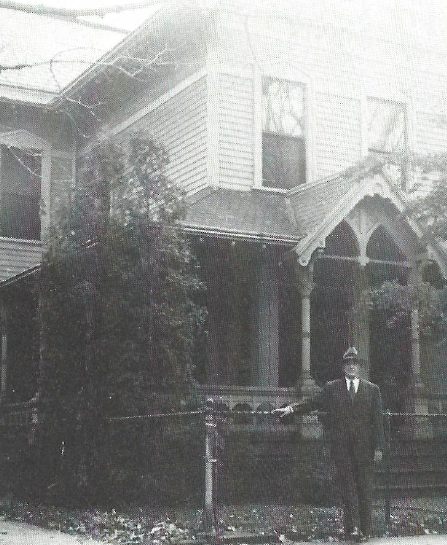Chapter 16 – The Feather Duster
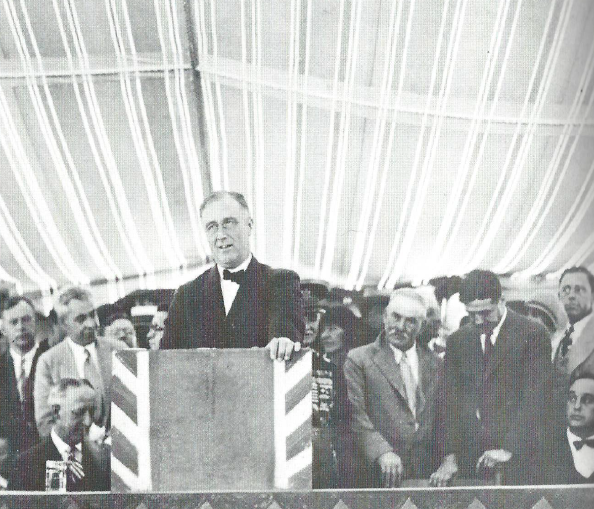
Robert Moses and Franklin Delano Roosevelt had known each other for a long time. The patrician Roosevelt had been helpful to Al Smith by shoring up the Democrats’ more conservative wing. He had, however, never been one of Smith’s inner circle. Moses took Roosevelt along, but Roosevelt had always been restrained, never being comfortable with Smith’s Tammany crowd. He was called the “Feather Duster” at school due to his propensity to fly in and out of interests and Smith had little good to say of his ability. None of them ever guessed that Roosevelt was using his position to make a future presidential bid of his own. Only Belle Moskowitz saw Roosevelt’s potential and she saw him as a continuing threat to Smith’s own bid to be President.
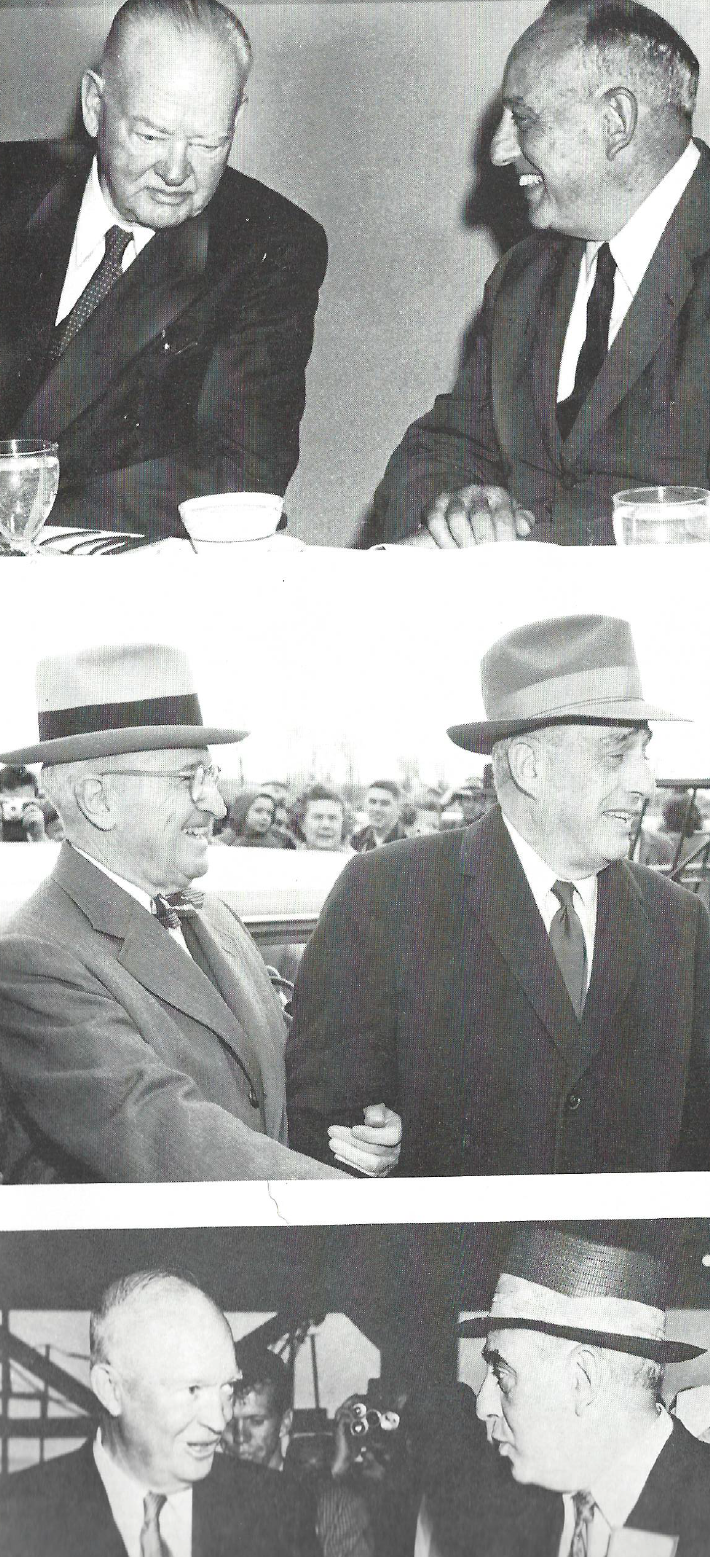
When Smith appointed Moses onto the Long Island State Park Commission, he also appointed Roosevelt to the Taconic Parks Commission. Roosevelt had an assistant called Louis Howe who he required due to his disability through polio. He could not afford to pay Howe a salary and so tried to employ him as a secretary. Moses dislike Howe and tried to prevent the move. This was one of the elements of their rivalry. Another was Roosevelts interest in parks, one as strong as Moses’s own. Conflicts arose between the two arose over Moses’s rejection of Roosevelts budget requests for development of the Taconic parks and parkways. Roosevelt complained to Smith threatening to resign, and as Smith required his support for his Presidential bid, Smith made great efforts to smooth things over, supporting Roosevelt to succeed him as Governor. Moses disagreed with this, but political expediency ensured that Roosevelt got the nomination. Moses called him “a pretty poor excuse for a man.” Roosevelt’s dislike for Moses was just as intense. Smith lost the presidential race to Herbert Hoover, but Roosevelt won the governorship of New York in 1928.
Smith retired and prepared to assist Roosevelt into the governorship and help him carry on the previous policies, but Roosevelt was evasive. He was against leaving Mrs Moskowitz and Robert Moses in their posts and he was already planning for the presidential race in 1932. However, Moses was difficult to remove. He had erected a power structure in New York all his own, buttressed by public opinion. In the end, Roosevelt had to live with Moses, if not as Secretary of State, then as Chairman of the Parks Commission.
Analysis & Key Takeaways
- When the powerful are fighting over power; they tend to dislike the person as well as the policy; but the personal is easier to describe and very immediately: there is not a lot projection being forced between Roosevelt and Moses
- Authoritarian CEO or consensus driver? This is the conceptual challenge of government. It is the people’s revenue! Why is it not treated like an extension of democracy (public review every 4 years)? Because that would be harder to pull off.
- FDR and Moses have an obsession with parks…Brokerage politics is about getting the vote out with your existing political machine: that has changed now that people are less locked in based on relationships proxy which was about if you like Al Smith then you should vote for him since he is Catholic etc etc. Now there is more voting based on ideology (another proxy for preferences but an effective tool for organizing). But Roosevelt had sway against Moses because Roosevelt could marshal support for Al Smith’s presidential bid.
